By Dominique Harris
on June 08, 2016
With 0 comments
Ok, so let's dive right into to it. The questions, the concerns, the misinformation and the overall awesomeness of all things Hemp.
Prohibition has spurred a lack of education surrounding the cannabis plant. This has led to countless rumors about what makes hemp different from cannabis. Everything from “hemp plants are male and cannabis plants are female” to “cannabis is a drug and the other is not” are incorrectly being preached as common knowledge to unknowing bystanders. So, how are these terms supposed to be used? Let’s find out.
IS IT RELATED TO THE MARIJUANA PLANT?
Both Hemp varieties and marijuana varieties come from the same genus, cannabis, and the same species, cannabis sativa. Of course, there are countless varieties that fall into further classifications within the Cannabis Sativa species. Depending on how the plant is grown and utilized will determine which term is correct. For instance, the term cannabis (or marijuana) is used when describing a Cannabis Sativa plant that is bred for its potent, resinous glands (known as trichomes). These trichomes contain high amounts of THC (tetrahydrocannabinol).
DOES HEMPSEEDS CONTAIN THC?
The hemp plant, although a distant cousin to this variety is not the same plant, per-say, but a more lanky, tall, fibrous variant known for its high yield of seeds. Most quality hemp oils do not contain any detectable THC constituents and if for some reason, as a by product of the seed harvesting and extraction process. However, these quantities are only found in extremely low concentrations, usually between 0.025% - 1%. One of the primary reasons for possible THC content can be attributed to occasional particles of resin on the outside of the seeds themselves as a result of leaf contact. Because of this, many companies now either wash or shell their seeds before pressing out the oil to avoid any potential THC contamination. So, NO, it does not get you high!
HOW ARE HEMP PLANTS USED?
-
HEMPSEED OIL: Hemp seed oil is cold pressed (no heat used to extract the oil) from the seeds of the plant. This oil can be used in salad dressings, as a dietary suppliment, as fuel, in detergents, in paint and in body care products.
-
HEMPSEEDS: Hempseeds can be processed to make oil or shelled to provied a nutritious protein rich SUPERFOOD. The seeds can be used to make beer, flour, feed, non dairy milk, as snacks, and as baking additives.
-
HEMP FIBER: Hemp fiber is great for making fabric, insulation, carpeting, paneling, pulp and paper, recycling additive, automobile parts, animal bedding and mulch.
HEMP FOR PAPER?
Until the early 19th century, hemp and flax were the two chief paper-making materials. In historical times, paper was processed from hemp rag. Using hemp directly for paper was considered too expensive, due to its lack of demand at the time. Wood-based paper came into use when mechanical and chemical pulping was developed in the mid 1800s in Germany and England. Today, at least 95% of paper is made from wood pulp. This makes little sense when considering hemp can easily produce much more paper per acre than wood pulp alternatives. The hemp paper process also utilizes less energy and fewer chemicals than tree paper processing and doesn’t create the harmful dioxins, chloroform, or any of the other 2,000 chlorinated organic compounds that have been identified as byproducts of the wood paper process.
BENEFITS OF HEMPSEEDS + HEMPSEED OIL
-
Hempseed oil is cold pressed, again, no heat is used in the process. Hemp oil is extremely volatile and should not be exposed to heat. It is one of the GOOD fats you want to consume as a regular part of a health promoting diet, often compared to flax, chia and sacha inchi oil for its high amount of omega fatty acid content. Hemp oil should NOT be used for cooking or sauteeing, again, it's highly volatile to heat and light and can easily go rancid. This is why, once opened, it should be refrigerated. So drizzle them over meals or add them to raw recipes.
-
Most hemp oils are about 80% polyunsaturated fat ( the good fat), one of the highest of any plant and provide a balanced 3:1 ratio of omega-6 to omega-3 fatty acids, which is known to help lower the 'bad' cholesterol and reduce inflammation in the body. When taken in conjunction with algae based oils, hemp oil can offer a vegan omega-3 suppliment alternative to fish or cod liver oil..and it tastes much much better. These omega fats are vital for cardiovascular health, enhancing metabolism, decreasing arthritic conditioner, relieving PMS and regulating hormone levels. And studies have shown that omega-3 ALA fatty acid can convert to DHA, which is extremely beneficial for healthy brain, nerve and neurological functions. Cognitive illnesses such as Alzheimer's, depression, PTS disorder and other degenrative diseases have been associated with low levels of DHA in the brain tissue, remember, our brains are mostly composed of fat and 97% of the fatty acid components that make up our brain are DHA. This is why it is extremely important to provide adequate nutritional intake either through the foods we eat, or through oil supplementation of some kind.
-
Hemp oil is excellent for the hair and skin as it helps to nourish cell membranes and provides antifungal, antibacterial and antiviral properties. It is also high in antioxidants vitamin E and beta-carotene and also includes the 'rare' gamma-linolenic acid and stearidonic acid.
-
Hempseed oil is also high in linoleic acid (over 50%). This particular acid is beneficial for oily and acne prone skin types as it helps to balance the out of balance oil production found in the skin. When skin is over oily or acne prone, it is producing oil high in oleic acid..to help balance this out, it is beneficial to use oils high in linoleic acid. For more info on oils for skin types, please see our WELCOME TO HEALTY SKINCARE blog post.
HOW TO SPOT GOOD HEMPSEED OIL?

High quality, organic, virgin hempseed oil should have the presence of a dark green color and be slightly thick in texture. The green pigment in hempseed oil is from the small amounts of chlorophyll naturally present in the skins of the seeds. The oil has a strong nutty aroma. So it is unrefined, cold pressed and always dark in color. Now...refined hemp oil, identifiable by its light color, is toxic to the body and should be avoided.
A BIT OF HISTORY
The hemp plant, its food, oil and fiver, have been used by many civilaations all over the world for thousands of years. In China, hempseeds and its oil were referred to as MA ZI and were used medicinally for centuries by the Chinese Ming Dynasty to treat inflammation and degenerative conditions. Hemp oil first became popular on the Western food scene in 1993 when authir Dr. Andrew Weil published an article entitled, "Therapeutic Hemp Oil".
WHY WE LOVE IT AND USE IT?
Of course, Hempseed oil pack some major internal benefits. I make a mean fire cider and include a dose of organic hempseed oil in the cider and add to my salads or simply take daily. We also dilute a tsp into our children's smoothie or juice..gotta love those omega 3 and brain fats!

Here are a list of our products that contain the amazing Hempseed Oil for healthy hair and skin:
BEARD OIL

LOCS + TRESS OIL

BATH + BODY OIL

HAIR + SCALP TREATMENT








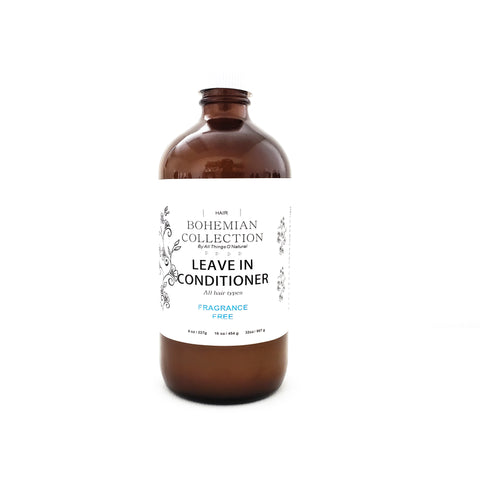
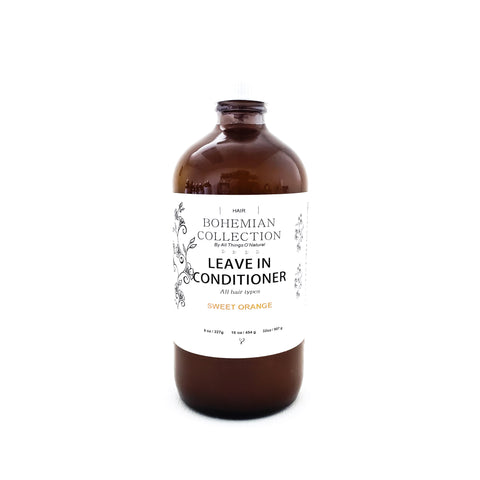
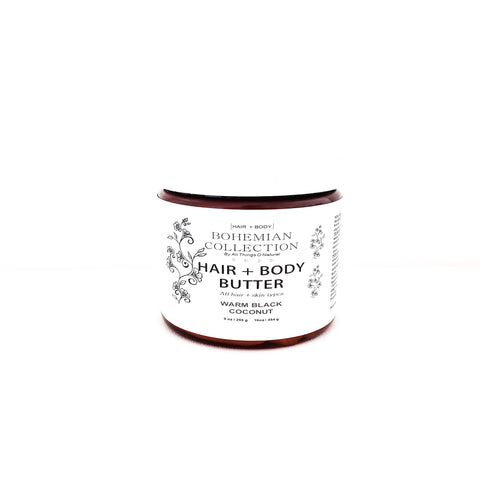
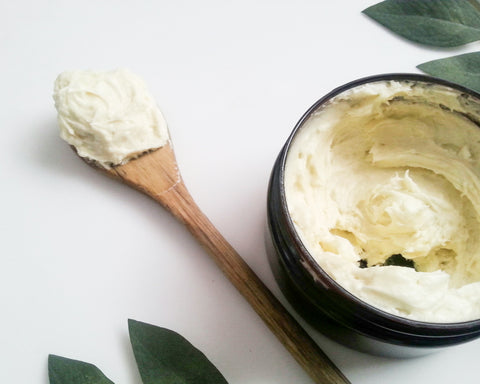
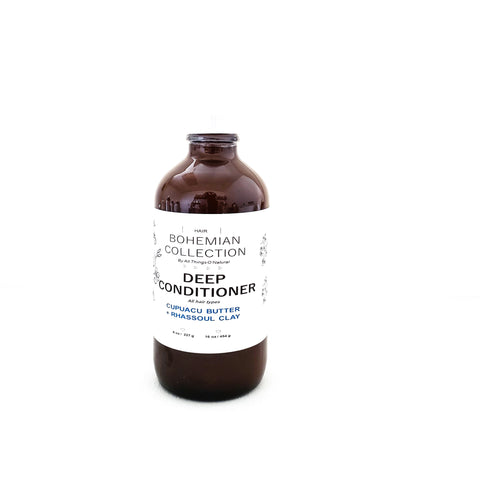
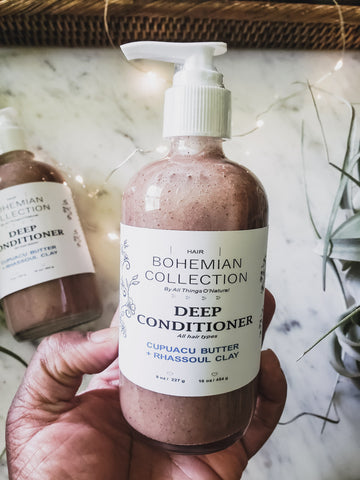
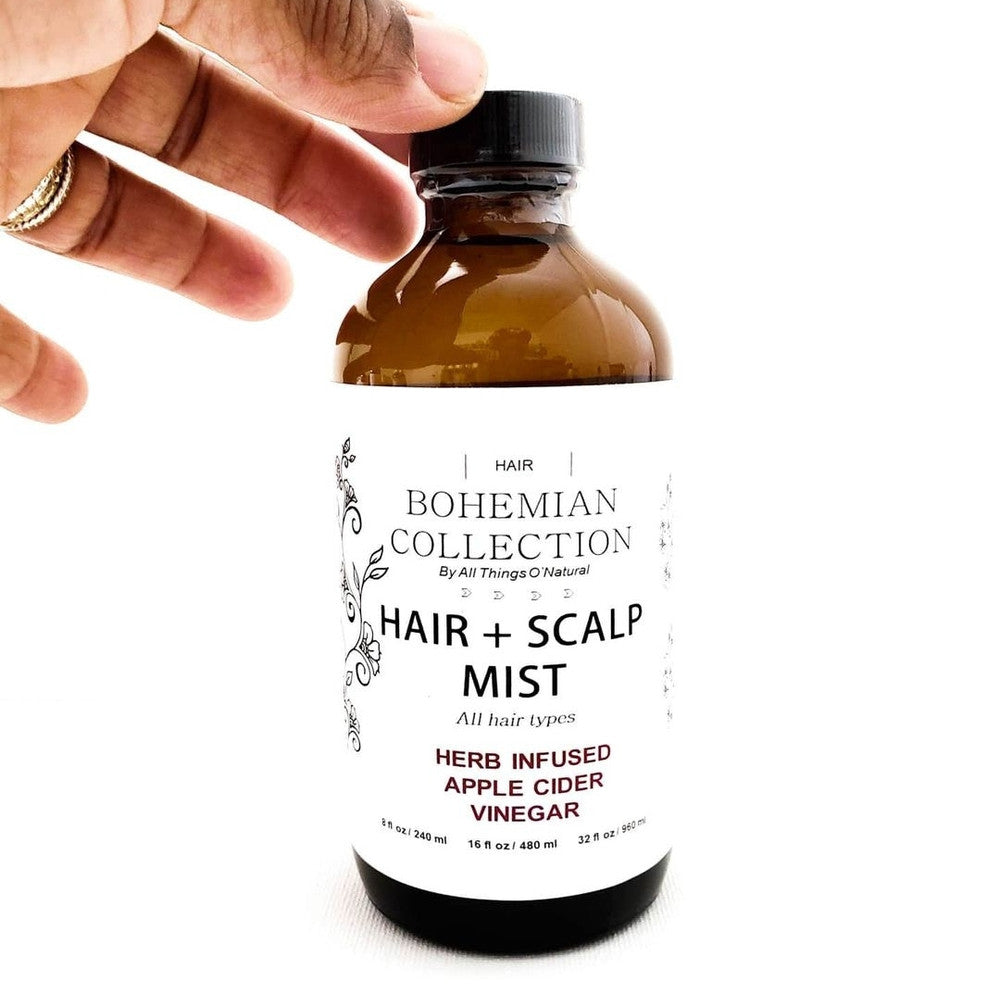
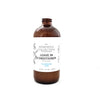
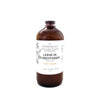
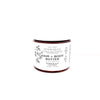

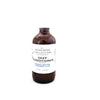

Comments